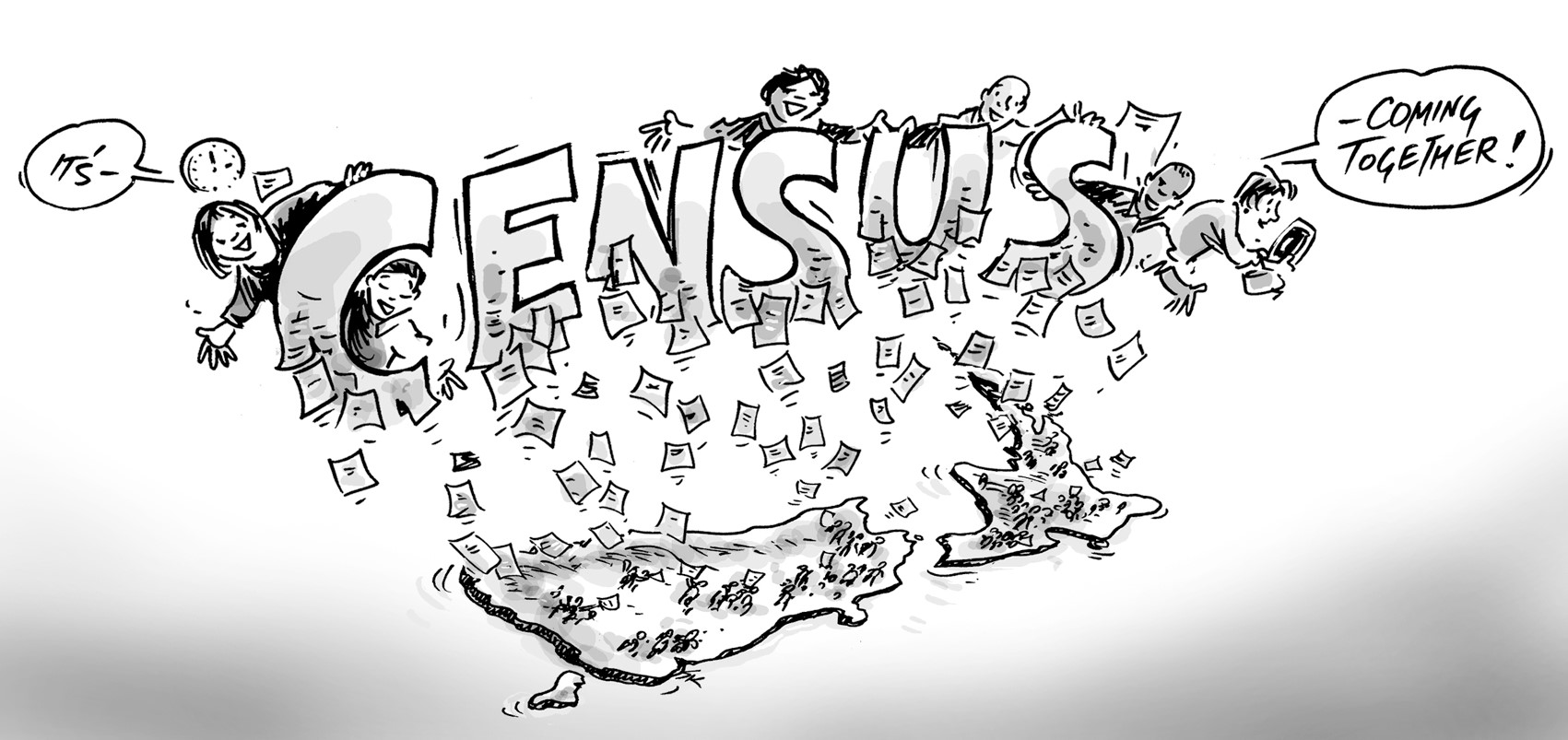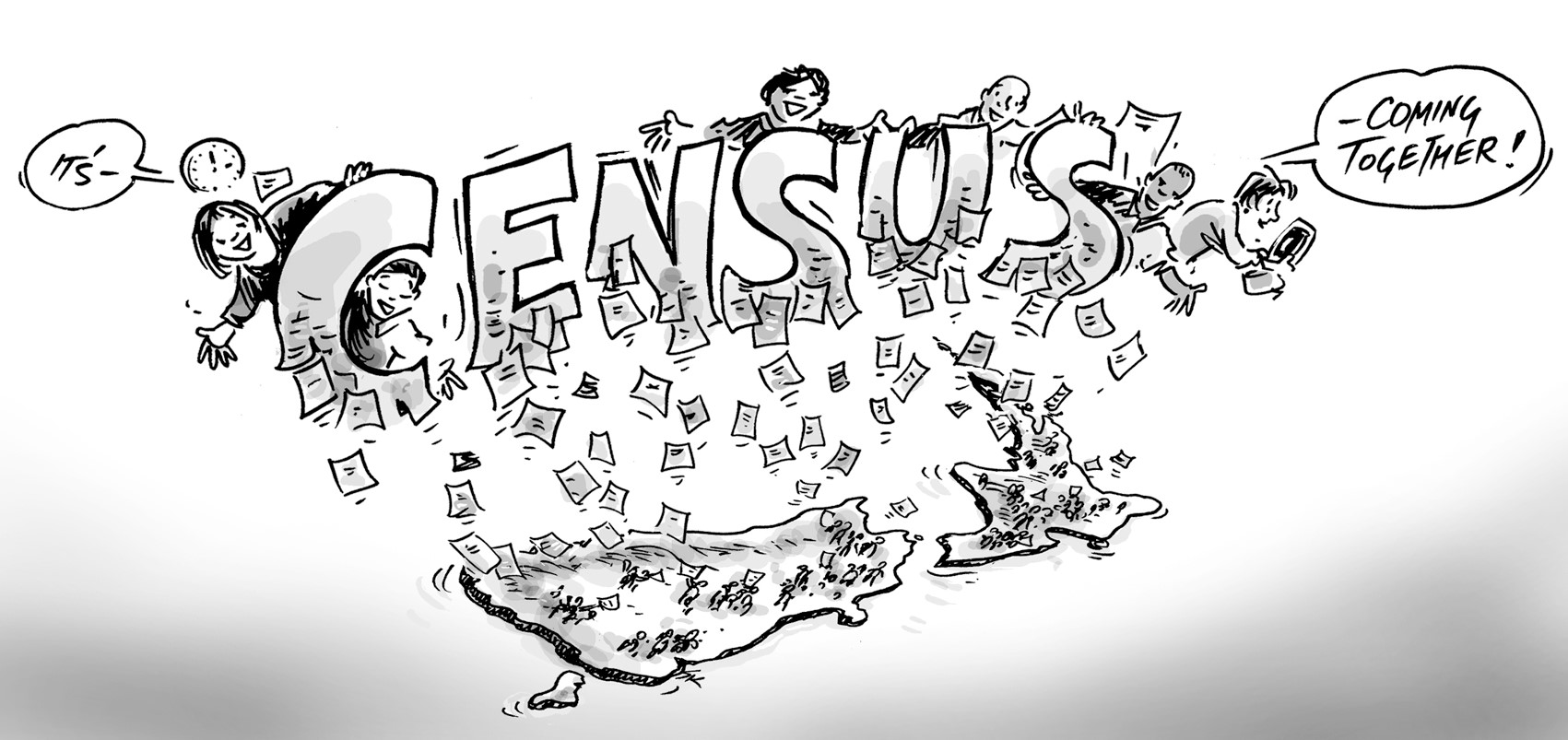The third and final report from the external committee investigating the 2018 census was released recently. As we continue rolling out Census data in our Community Profiles, Penny Bloomberg takes a look at this independent committee’s findings and what they mean for organisations using this data.
If you’re working with Census data, download our free handbook ‘Worth the wait: a simple guide to navigating the 2018 Census‘. The handbook clearly outlines what has changed in this Census, and guides you through the implications for using the data to understand your community and plan for the future.
Who is this committee and what do they do?
The external committee comprised of eight independent, international and national experts embracing an array of subjects including demography, social equity, statistics, Maori data and Census methods. Each of the committee’s three reports has been publicly released unedited, to ensure transparency around recommendations for improvements to future censuses, given the disappointing response to the 2018 Census.
The three reports are available here.
What were the main findings?
The main findings in the third report cover data accuracy and continuity, relationships and trust. Some of the findings echo earlier blogs and are as follows
- Census method changes required because of low turnout (i.e. using administrative data) mean that time-series data in most areas can now only be undertaken with great care.
- However, the use of administrative data has actually strengthened the data for important variables like age, sex, ethnicity and place.
- Administrative data was not available for many data sets. Overall, there are 29 data sets that have been compromised and although StatsNZ will continue to search for ways to improve these, they will need to be approached carefully (some may not be released).
- Most low response areas have high populations of Maori and Pacific Islanders.
- Going forward, the committee noted regaining the trust of iwi, and other key stakeholders who depend on census data will be of high importance
The report concludes with 24 recommendations with a view to the 2023 census. These revolve around StatsNZ’s preparation for 2018 Census data release, the availability for support information on the quality of 2018 data sets, improving time series analysis between the 2018 and earlier 2013 censuses, and ensuring an uncompromised 2023 census outcome.
What does all this mean for census data users?
The 2018 Census data is being incrementally published into .id’s community profiles as it becomes available.
Being able to compare data over time to identify trends and the amount of change will be a big challenge. Our Community Profiles will guide users as to where a comparison between censuses is possible and conversely where comparison would simply be inaccurate. In addition, each data set has its quality rating clearly identified and explained so users can have confidence in the data.
In conclusion..
The report leaves readers in no doubt of the critical importance of Census data, particularly at the micro level where alternative surveys cannot be used. It also reflects the significant challenges StatsNZ face, both technically and relationally, to ensure the next census is a success.
While a fairly hefty tome the executive summary is, at the very least, worth a read.









